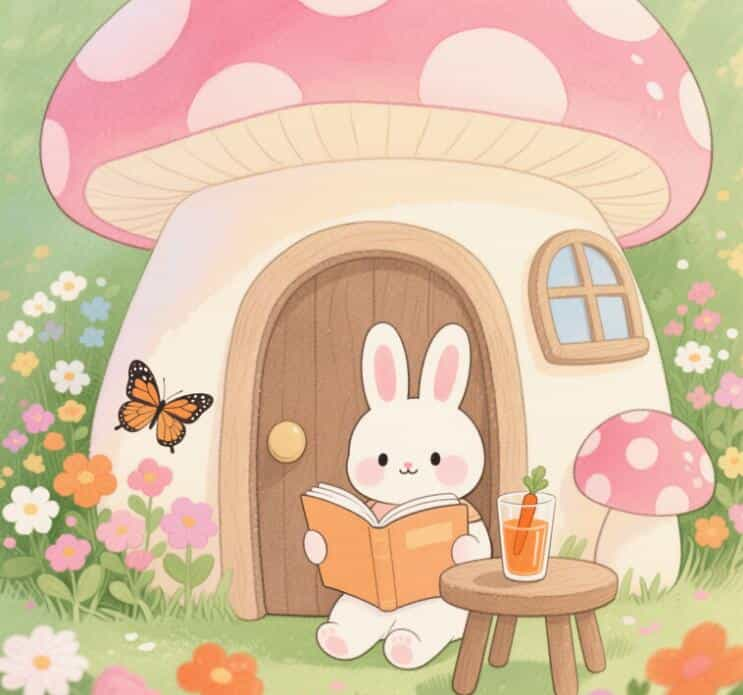In a world obsessed with artificial intelligence, we often overlook the extraordinary natural intelligence that surrounds us. From problem-solving crows to emotionally complex elephants, animals continue to astonish scientists with capabilities that rival—and sometimes surpass—human skills. Here’s why the animal kingdom might just be Earth’s most impressive think tank.
1. Masters of Innovation: Nature’s Engineers
Animals don’t need degrees to demonstrate genius:
• New Caledonian crows craft hooked tools from twigs to fish out insects—a skill once thought unique to humans.
• Octopuses solve complex puzzles, unscrew jars, and even recognize individual humans (holding grudges against those who annoy them).
• Dolphins use sea sponges as protective “gloves” while foraging on the ocean floor.
• Chimpanzees strategically place rocks to crack nuts, showing planning skills comparable to young children.
Fun Fact: In Tokyo, carrion crows drop nuts on crosswalks, wait for cars to crack them open, then retrieve their snack when the light turns red—demonstrating traffic pattern understanding.
2. Emotional Depths: More Than Instinct
Science confirms what pet owners always suspected—animals experience rich emotional lives:
• Elephants mourn their dead, touching bones with their trunks and standing vigil for days.
• Rats giggle when tickled (at frequencies humans can’t hear) and will free trapped companions before eating chocolate.
• Sheep recognize up to 50 individual faces and feel stress when separated from friends.
• Dogs show genuine excitement when seeing their favorite humans (MRI scans prove it’s love, not just food anticipation).
Heartbreaking Insight: Orca mothers have been observed carrying dead calves for weeks in apparent grief, a behavior so persistent it threatens their own survival.
3. Complex Societies: Teamwork Makes the Dream Work
Animal communities put human offices to shame:
• Meerkats run “schools” where adults teach pups to handle venomous scorpions (removing stingers first).
• Vampire bats form lifelong friendships, regurgitating blood meals for friends who had a bad hunting night.
• Prairie dogs have language sophisticated enough to describe intruders’ size, color, and even clothing patterns.
• Ant colonies demonstrate democratic decision-making when relocating nests.
Office Comparison: While humans struggle with Zoom meetings, humpback whales coordinate bubble-net fishing across miles of ocean using perfectly timed songs.
4. Bizarre Cross-Species Friendships
Nature’s odd couples prove compassion knows no boundaries:
• A lioness in Kenya’s Samburu Park adopted six oryx calves over several years, protecting them from predators.
• Koko the gorilla cared for a kitten as her own, signing “soft good cat” while cradling it.
• A wild dolphin in New Zealand regularly plays with swimmers, even retrieving lost goggles.
• Service dogs can detect impending seizures, diabetic crashes, and even certain cancers before medical equipment does.
5. What Animals Teach Us Without Words
Life lessons from our fellow earthlings:
✅ Presence: A cat’s meditation-like focus on a floating dust mote
✅ Resilience: Monarch butterflies navigating 3,000-mile migrations
✅ Teamwork: Wolves taking turns leading their pack to conserve energy
✅ Adaptation: Urban foxes thriving in cities by raiding our takeout containers
Human Failing: While we invented alarm clocks, roosters naturally adjust their crowing to artificial light—proving they understand time better than we do.
6. Conservation Paradoxes We Can’t Ignore
Uncomfortable truths about coexistence:
⚠️ “Cute” species get 90% of conservation funding while uncharismatic creatures like bats face extinction.
⚠️ Zoos preserve species but often fail to meet animals’ psychological needs.
⚠️ Climate change forces polar bears to swim impossible distances as ice melts.
⚠️ The pet trade exploits intelligent species like parrots (whose cognitive skills rival primates).
7. How to Honor Animal Intelligence Daily
Simple but powerful actions:
• For Birds: Apply window decals to prevent collisions (1 billion birds die this way annually).
• For Marine Life: Choose reef-safe sunscreen and reduce plastic use.
• For All Wildlife: Keep cats indoors (they kill 2.4 billion birds yearly in the U.S. alone).
• For Farm Animals: Support cage-free egg producers.
Pro Tip: Plant native flowers to feed pollinators—bees can recognize human faces and remember them for days!
The Humbling Truth
As we test animal intelligence against human benchmarks, we’re realizing:
• An octopus’s distributed brain (with neurons in its arms) may process information more efficiently than our centralized one.
• Elephants likely grasp mortality—they carefully bury their dead.
• Pigs outperform 3-year-old humans in video game tests.
Perhaps the question isn’t “How smart are animals?” but “Why did we ever think they weren’t?”
Next time you see a crow studying you from a fence post, remember: You’re being assessed by a creature that makes tools, plans for the future, and teaches its young. The true measure of our intelligence may be how well we learn to coexist with theirs.
Final Thought: As primatologist Frans de Waal noted, “We’re not the only conscious beings on this planet—we’re just the ones who talk about it the most.”
